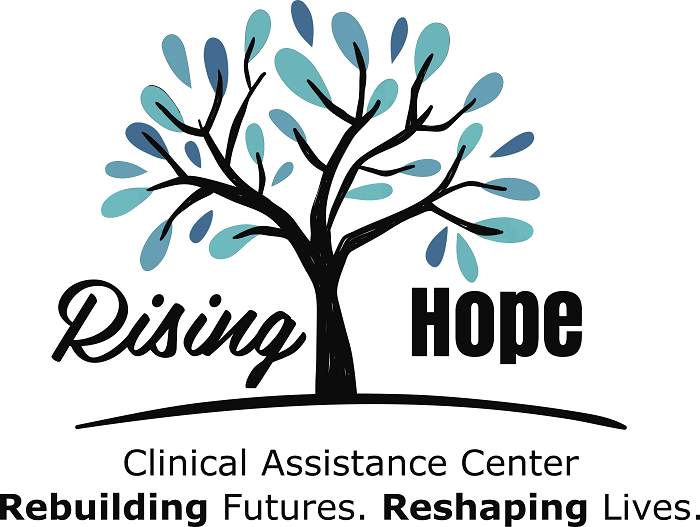

4 Myths About Developmental Disabilities
March is Developmental Disabilities Awareness Month, so we at Rising Hope wanted to do our part to raise awareness about the subject, which is often misunderstood. Every person is unique, and there are dozens of forms of developmental disabilities across a broad spectrum. In recent years, it has become more common to refer to those with developmental disabilities, especially children, as "gifted," a far more inclusive term which we like to use.
Mental illness and developmental disabilities are the same kinds of things
Though a small number of developmental disabilities are also classified as mental illnesses, such as ADHD (Attention Deficit and Hyperactivity Disorder), the vast majority are not. Developmental disabilities such as Autism Spectrum Disorder, Dyslexia, Down Syndrom, and Cerebral Palsy are not mental illnesses.
People with developmental disabilities are not as intelligent
This is perhaps the most damaging myth about people with developmental disabilities. The assumption that someone with a developmental disability is not intelligent is very harmful and damaging. Far too many people are treated as lesser, are subject to bullying, and have people talk to them as if they only understand simple language. This is untrue and offensive.
Developmental disabilities are only related to a person's intelligence
Developmental disabilities include not only abnormal development to the brain but also to the body. Hearing loss and vision impairment, especially in children, are developmental disabilities. Cerebral palsy, a group of disorders that often first appears in childhood, affects a person's muscle functioning. It is the most common motor disability among children in the United States, according to the CDC.
People with developmental disabilities can't function on their own
Many people with developmental disabilities are fully functional adults, able to take care of themselves and have their own families. Though some need nearby care for their entire lives, many do not.


No Comments
Sorry, the comment form is closed at this time.